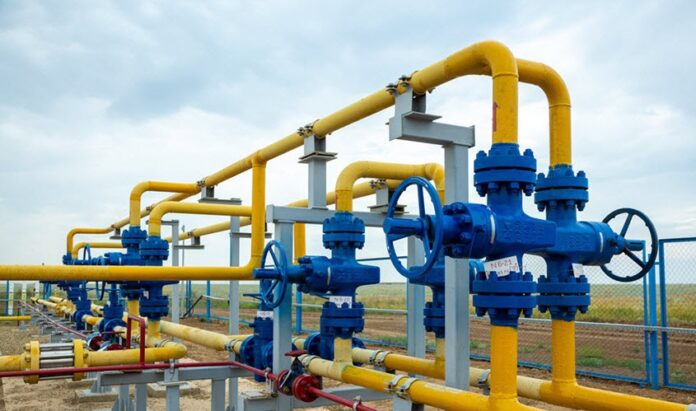Officials from the Petroleum Division reported to a parliamentary panel that state-run gas companies in Pakistan face annual losses of approximately Rs 40 billion due to theft, particularly in the southern regions of the country.
During a meeting held on Thursday with the National Assembly’s Standing Committee on Energy (Petroleum Division), the Director General of Gas highlighted high discrepancies in losses between the Sui Southern Gas Company (SSGC) and the Sui Northern Gas Pipeline Limited (SNGPL).
The parliamentary panel was apprised that SSGC reported a 12% loss of total supply, while SNGPL’s losses stood at 6%. The Director General of Gas outlined that the cumulative annual gas theft in Pakistan amounts to Rs 40 billion, with SSGC alone incurring over Rs 25 billion in losses.
These losses compound the sector’s challenges, including a circular debt of Rs 2 trillion, making the selling of Liquefied Natural Gas (LNG) increasingly difficult. He emphasised the need for the power sector to absorb the entire LNG supply or find alternative solutions.
Petroleum Minister Musadik Malik, who was also present at the meeting, stressed the importance of boosting local oil and gas exploration efforts in light of declining production rates within the country.
Malik noted that the global LNG supply is expected to rise, citing Qatar’s plan to increase its LNG supply by 33% next year and Australia’s efforts to enhance its LNG output.
Petroleum Secretary Momin Agha added that Pakistan currently receives 4.2 billion cubic feet of gas daily, including one billion cubic feet from LNG. The recent testing and subsequent adoption of Russian crude oil in the private sector was also discussed, noting that purchases are capped at $60 per barrel to comply with American sanctions.
Concerns about local refineries failing to meet Euro-V standards were also raised, highlighting the potential environmental and health risks due to the metal content in petrol. The Director General of Oil reassured the committee that these issues are being tackled in the new refinery policies.




